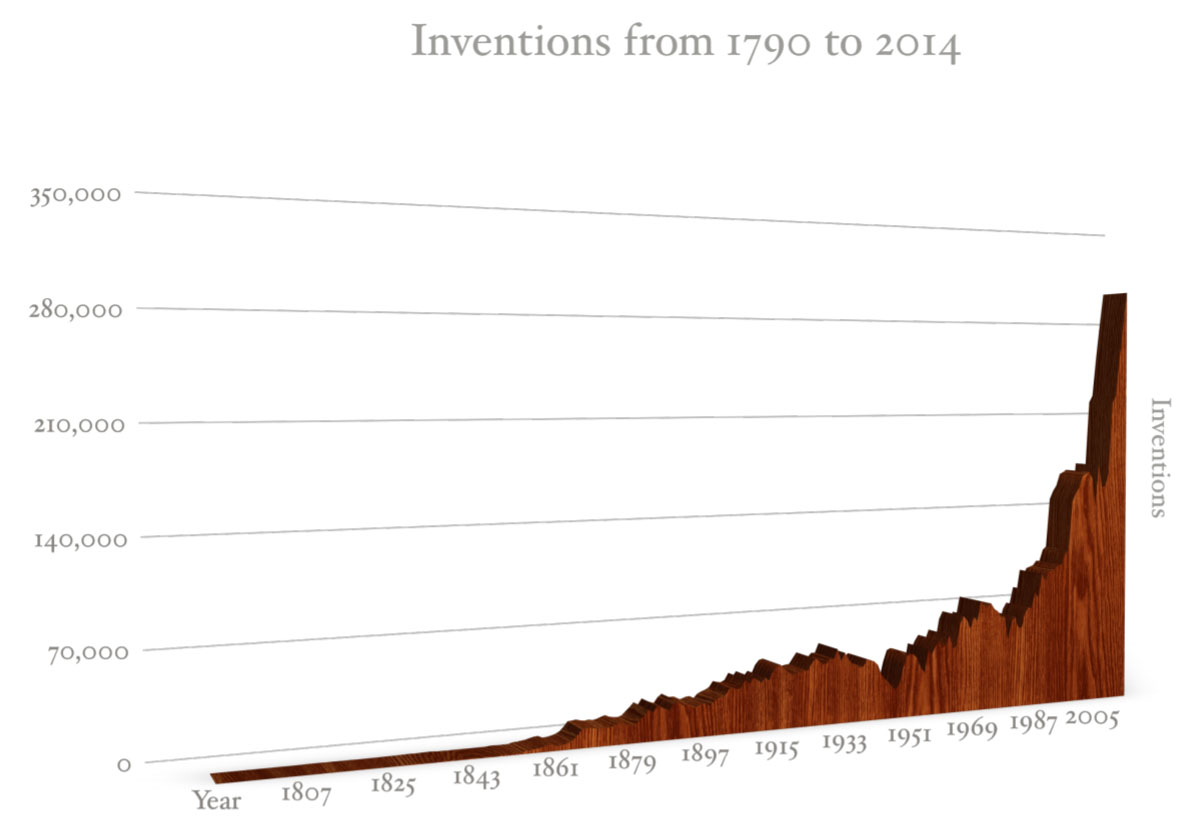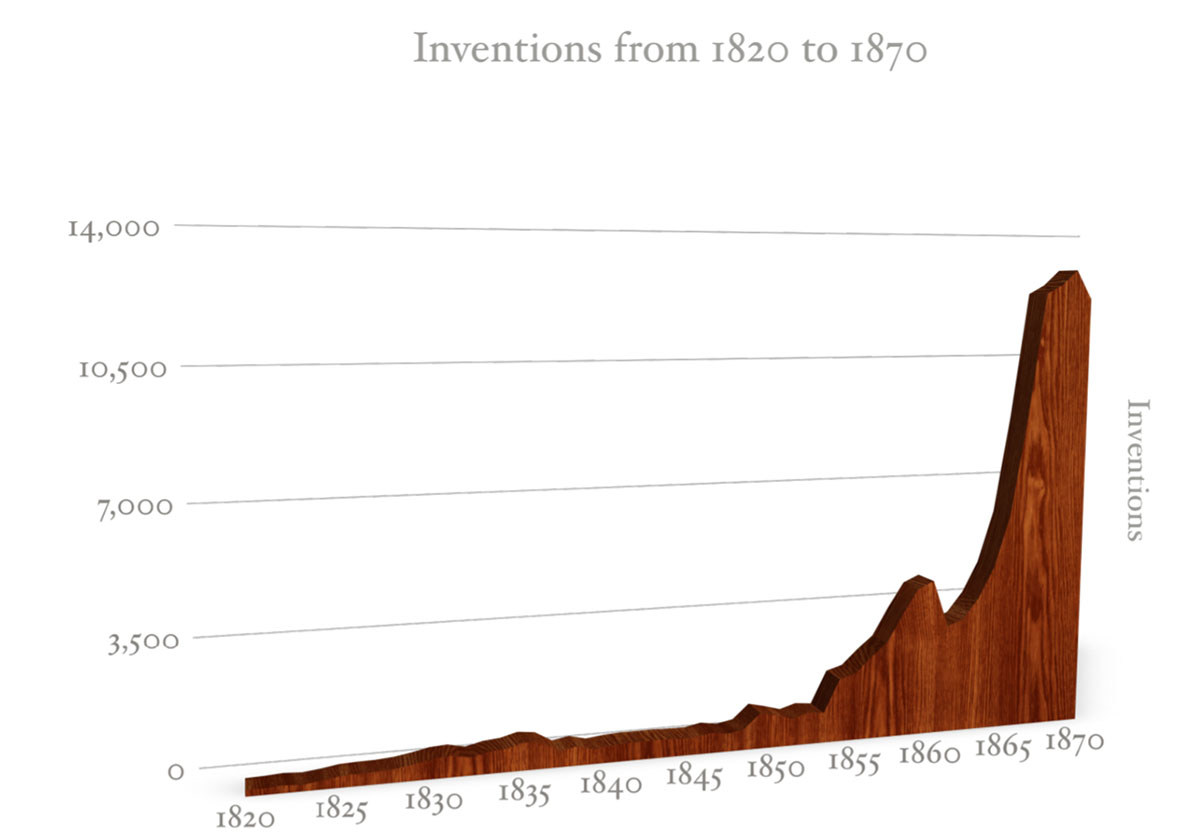How We Can Use Technology Even Better in the Church
Now behold, a marvelous work is about to come forth among the children of men (D&C 4:1)
Technology and the Gospel
We live in a marvelous age. The Lord told Isaiah that He will proceed “to do a marvelous work… even a marvelous work and a wonder” (Isaiah 29:14). President Joseph Fielding Smith said, “This marvelous work is the restoration of the Church and the Gospel with all the power and authority, keys and blessings which pertain to this great work for the salvation of the children of men” (Church History and Modern Revelation 1:35).
This marvelous work will continue until as Isaiah stated, “…the earth shall be full of the knowledge of the Lord, as the waters cover the sea” (Isaiah 11:9).
For His work to be accomplished He always prepares a way. Nephi reminded us, “…that the Lord giveth no Commandments unto the children of men, save he shall prepare a way for them that they that may accomplish the things which he commendeth them” (1 Nephi 3:7).
One way he has provided for us in these latter days is in technological advancement. Elder David A. Bednar said, “The Lord is hastening His work, and it is no coincidence that these powerful communication innovations and the inventions are occurring in the dispensation of the fulness of times” (BYU Campus Education Week August 2014).
Latter-day Prophets have long recognized the value of science in hastening the work of the Lord. President Brigham Young stated, “Every discovery in science and art, that is really true and useful to mankind has been given by direct revelation from God, though but few acknowledge it. It has been given with a view to prepare the way for the ultimate triumph of truth, and the redemption of the earth from the power of sin and Satan” (Journal of Discourses, vol. 9, pg. 369, 31 Aug 1862).
Evidence of Young’s statement was seen in advancements in transportation and communications. As the gospel spreads through out the world, the Lord has provided other means for His anointed to traverse the earth and to speak to the world as a whole.
Today one can hear the voice of His servants using a smartphone. This is not the result of happenstance as stated by Joseph Fielding Smith. He stated,
“I maintain that had there been no restoration of the gospel, and no organization of The Church of Jesus Christ of Latter-day Saints, there would have been no radio . . . and the many other things wherein the world has been benefited by such discoveries . . . .Under such conditions these blessing would have been withheld for they belong to the Dispensation of the Fullness of times for which the restoration of the gospel and the organization of the church constitute the central point, from which radiate the Spirit of the Lord through the world.
“The inspiration of the Lord has gone out and takes hold of the minds of men, though they know it not, and they are directed by the Lord. In this manner he brings them into his service that this purposes and his righteousness, in due time, may be supreme on the earth. Now let me say briefly that I do not believe for one moment that these discoveries have come by chance, or they have come because of superior intelligence possessed by men today over those who lived in ages that are past. They have come and coming because the time is ripe, because the Lord has willed it, and because he poured out his Spirit on all flesh” (General Conference Oct 1926).
Evidence of Joseph Fielding Smith’s statement can be seen by looking at the inventions submitted to the United States Patent and Trademark Office from 1790 to 2014.
Because of the magnitude of patents submitted over two centuries let’s look at at just the first 50 years.
In April 1974 President Spencer W. Kimball addressed Regional Representatives. In his talk “When the World Be Converted” he stated, “I believe that the Lord is anxious to put into our hands inventions of which we laymen have hardly had a glimpse.”
During that same year personal computers where introduced. Among the entries were the IBM 5100 and the TRS-80 Commodore PET. A year later two visionaries, Bill Gates and Paul Allen, formed a company called Microsoft, and in 1976 Steve Jobs, Paul Wozniak, and Ronald Wayne introduced the Apple I.
In 1981 the term “personal computer” came into being with IBM’s introduction of the IBM 5150. It weighed in at over 50 pounds, had two floppy drives and 40K of read-only memory with 16K of user memory and sold for $1,565; in today’s dollars that would be over $4,200. Today we have devices we carry in our pockets that have computer power far beyond the IBM 5150 at a fraction of the cost.
During the October 1981 general conference President Gordon B. Hinckley expressed, “We are confident that as the work of the Lord expands, he will inspire men to develop the means whereby the membership of the Church… can be counseled in an intimate and personal way by His chosen prophet.”
Two years later the makings of the internet began, and in 1996 two Stanford University students, Sergey Brin and Larry Page, developed the Google search engine, opening to the world access to information overload.
The ubiquitous presence of mobile devices has changed how the world searches for knowledge. In May of 2015 Google reported there are more searches now on mobile devices than on desktop computers.
The use of mobile devices has greatly increased. In 1985 the number of cellphone subscribers was a little over 340 thousand, less than 1% of the United Stated population. In 2000 the number of subscribers increased to over 109 million, about 39% of the population.
According to the Pew Research Center “as of 2014: 64% of American adults own a smartphone… 90% of American adults own a cell phone, 32% of American adults own an e-reader and 42% of American adults own a tablet computer,” and these numbers will continue to increase as the technology advances and makes it easier to use.
Clearly the Lord is providing a way for us to be “abounding in good works” (Mosiah 5:15), “feasting upon the word of Christ” (2 Nephi 31:20), that we may “give attendance to reading, to exhortation, to doctrine” (1 Timothy 4:13), and that “the earth shall be full of the knowledge of the Lord, as the waters cover the sea” (Isaiah 11:9).
It is to that end that we have been blessed not only with technology but also the means to use that technology; the Gospel Library, Citation Index, and the Blue Letter Bible, to name a few, enrich our study of the gospel, enhance our teaching, and more effectively engage in missionary work.
In regards to the Gospel Library, Elder Christoffel Golden, Jr. stated, “The Church has dedicated significant effort to improve this app in order to support Church members as they seek to increase their Gospel learning and inspiration using mobile devices. We encourage members to use it to enhance their study and draw near to the Lord and His holy prophets.”
Learning How to Use Technology
 From my observance, many members of the Church have a desire to use their mobile devices for studying, preparing lessons, talks and to engage in missionary work but lack the knowledge of how to do it.
From my observance, many members of the Church have a desire to use their mobile devices for studying, preparing lessons, talks and to engage in missionary work but lack the knowledge of how to do it.
This is evidenced from the many workshops, lessons, and one-on-one tutoring I have done, emails and phone calls I have received, and of being stopped by members in the hallways at church asking questions about how to use their devices.
The questions vary from “How can I…?” to “I am stuck. I am trying to….?” And often while sitting in a meeting, the person next to me asking “How did you do that?” My audience has varied from the young to our senior citizens.
There is a misconception that the youth of today know how to use the Gospel Library. It is true that they are comfortable with mobile technology, but being comfortable is far different than knowing how to use the the technology to further the Lord’s work. Also, they tend to follow the way of the world in the use of technology. One reason that missionaries are being given access to mobile devices and the internet is to they can develop good habits in using technology appropriately.
I am currently a service missionary at the MTC in the Book of Mormon Study Program. I work one-on-one with missionaries helping them to learn how to study the scriptures. As the use of iPads in the MTC and in the field increases, missionaries often ask questions about the use of the Gospel Library or I notice they are not using all of its features.
I have learned when one understands the how’s and why’s of using technology in studying and teaching the gospel he begins to understand the depth and power that is in his hands.
Several years ago I was involved in a discussion about the Gospel Library with a member of the Church. He responded that he had tried several times to use his iPad in studying the scriptures but always returned to his old tried and true printed copy. I gave him my iPad and invited him to take some time to see how I use the Gospel Library in my scripture study.
Later we met and he said, “I have had one of the most spiritual experiences in my life.” I was taken back by the comment and was curious and excited to hear what happened. He then said, “The first thing I did when I opened the Gospel Library in your iPad was turn to the 5th chapter of Jacob and I was amazed. I now see the value of using the Gospel Library; I am converted.”
Recently someone shared with me how much more they enjoy studying the scriptures now that they has learned how to use the Gospel Library.
When we learn the principles of using a mobile device it can become a powerful tool in our hands in hastening His work.
As mentioned above, many want to use their mobile devices in studying the gospel but consider it overwhelming. However, this is not as difficult as it may appear. For example, It helps to understand while the medium has changed, the principles of effectual scripture study, lesson and talk preparation have not.
It also helps to remember while advancements in technology have increased the means of spreading the gospel, the principle of one-on-one contact and inviting others to come unto Christ has not changed. The use of technology “to sweep the earth as with a flood” (Moses 7:62) does not replace personal contact but merely plants seeds or primes the pump for those that “thirst after righteousness” (Matthew 5:6).
Personal Application
 One of the important principles in working with mobile devices and learning to use apps is that of curiosity; a tendency to want to explore. The very essence is one of fun and discovering new things.
One of the important principles in working with mobile devices and learning to use apps is that of curiosity; a tendency to want to explore. The very essence is one of fun and discovering new things.
Over the years as I have worked with people in learning to use mobile devices, I have noticed a few things that deserve comment.
People fall into two groups. Those that need to make copious notes on how to use a digital device (the note takers) and those that just listen, watch and do (the doers).
The note takers rarely are successful in learning the concepts and principles of using the device while the doers become very proficient. The doers make mistakes, but that does not deter them from going back and trying to do it correctly. What happens is the doers become very proficient in interacting with the device, while the note takers have to refer to their notes to do the simplest task; this is exhausting, and eventually they give up and go back to their printed scriptures. The note takers have trouble seeing the big picture because they are concerned with methods and not principles.
Because the devices are mobile and we carry them with us everywhere, you can play while waiting in a line, at a soccer practice or any other times that you can devote a few minutes to play with your device in general and the Gospel Library and other apps specifically.
I strongly suggest that you do not wait until you are in a situation where you really want to use your device or app, without first becoming familiar with it; to do other wise I guarantee will bring nothing but frustration.
Also know that there is nothing you can do that cannot be reversed. So relax and experiment. We have, literally in our hands, the tools to enrich our scripture study, enhance teaching and engage in sharing the Gospel in ways far beyond what was available in the past; the impact of which are marvelous and truly a wonder.
I close by again sharing a comment from Elder Christoffel Golden, Jr. “The Church has dedicated significant effort to improve . . . (the Gospel Library) in order to support Church members as they seek to increase their Gospel learning and inspiration using mobile devices. We encourage members to use it to enhance their study and draw near to the Lord and His holy prophets.”




